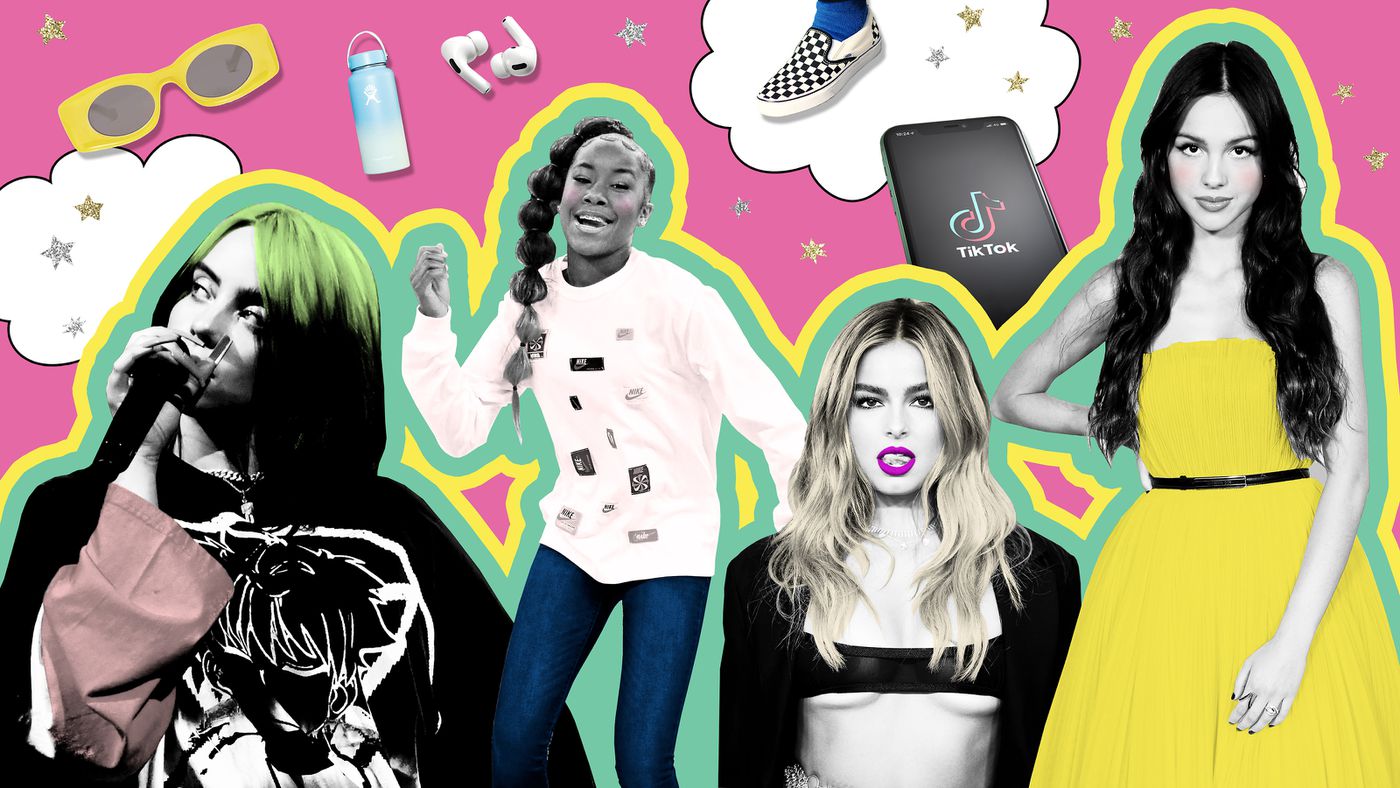This content introduces the topic of the influence of pop culture on Generation Z. It outlines ten key trends that highlight how pop culture has shaped the beliefs, preferences, and values of this generation. These trends include the impact of celebrity culture, pop culture’s influence on identity development, its role in political engagement and social justice movements, and its influence on fashion trends. The content also touches on the importance of representation and diversity in pop culture, the use of memes as a form of social commentary, the shift towards gender fluidity and acceptance of diverse sexual orientations, the role of pop culture in promoting mental health awareness, and its impact on consumer behavior. The conclusion emphasizes the continued significance of pop culture in shaping Generation Z and the importance of understanding these trends for effectively engaging with this generation.
1. Introduction
Generation Z, often referred to as Gen Z or the iGeneration, includes those born between the mid-1990s and the early 2010s. This cohort has experienced a significant shift in cultural influences compared to previous generations. While aspects such as technology and social media play a significant role, pop culture has emerged as a powerful force shaping their beliefs, preferences, and values. In this article, we will explore ten key trends that highlight the influence of pop culture on Generation Z.
2. Celebrity Culture
Celebrities have always held a certain allure, but with the rise of social media platforms like Instagram and Snapchat, Gen Z has unprecedented access to the lives of their favorite stars. The celebrities’ lifestyle choices, fashion, and opinions heavily impact the preferences of this generation.
3. Influence on Identity
Pop culture has a profound effect on the development of Gen Z’s identity. They constantly seek representation and inclusivity in media. By being exposed to a diverse range of characters and storylines, they shape their understanding of various cultures, races, identities, and orientations.
4. Political Engagement
Gen Z is often described as politically engaged and actively participating in social justice movements. Pop culture plays a crucial role in shaping these beliefs. Through mediums like movies, music, and even social media campaigns, young individuals are inspired to take a stand against social injustices.
5. Fashion Trends
Fashion plays an essential role in Gen Z’s self-expression. They are more likely to embrace streetwear, fast fashion, and trends influenced by pop culture icons. Social media platforms like TikTok and Instagram further accelerate these trends, making them easily accessible for young individuals to adopt.
6. Representation and Diversity
Pop culture has played a significant role in promoting inclusivity and diversity. Generation Z seeks out content that portrays people from different backgrounds to better reflect the world they live in. Gen Z values representation, expecting narratives that transcend stereotypes and offer a broader perspective.
7. Memes and Social Commentary
Memes have become a language of their own, deeply embedded in pop culture. They serve as both comical relief and vehicles for social commentary. Gen Z often uses memes to express their frustrations or opinions on various subjects, ranging from politics to social issues.
8. Gender Fluidity and Sexuality
Gen Z is more likely to identify outside the traditional binary notions of gender. Pop culture has played a key role in this shift by offering varied representations and showcasing individuals who identify as non-binary or transgender. This exposure has fostered a society where gender fluidity and sexual orientations are more accepted.
9. Mental Health Awareness
Pop culture plays a critical role in shaping Generation Z’s understanding and approach towards mental health. Movies, TV shows, and even music have started addressing these issues more openly. By normalizing conversations about mental health, pop culture has helped reduce the stigma surrounding it.
10. Influence on Consumer Behavior
Generation Z is a key target market for brands and marketers. Pop culture has a significant impact on their consumer behavior. From product endorsements to lifestyle choices, Gen Z’s affinity for certain brands or trends often stems from their favorite celebrities and their portrayal in popular media.
Conclusion
Pop culture continues to hold significant influence over Generation Z. From their attitudes and behaviors to their fashion choices and political engagement, the impact is undeniable. With a generation that is more interconnected and exposed to an abundance of content, understanding these key trends will be crucial for effectively engaging with Gen Z and shaping the future pop culture landscape.
